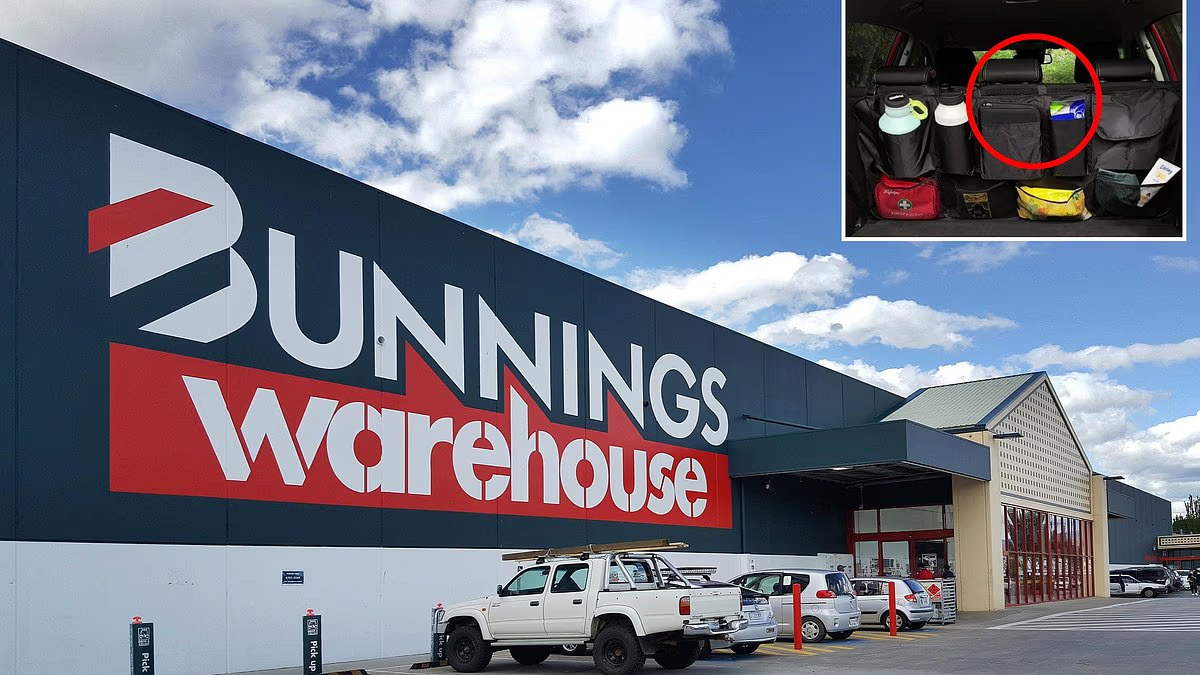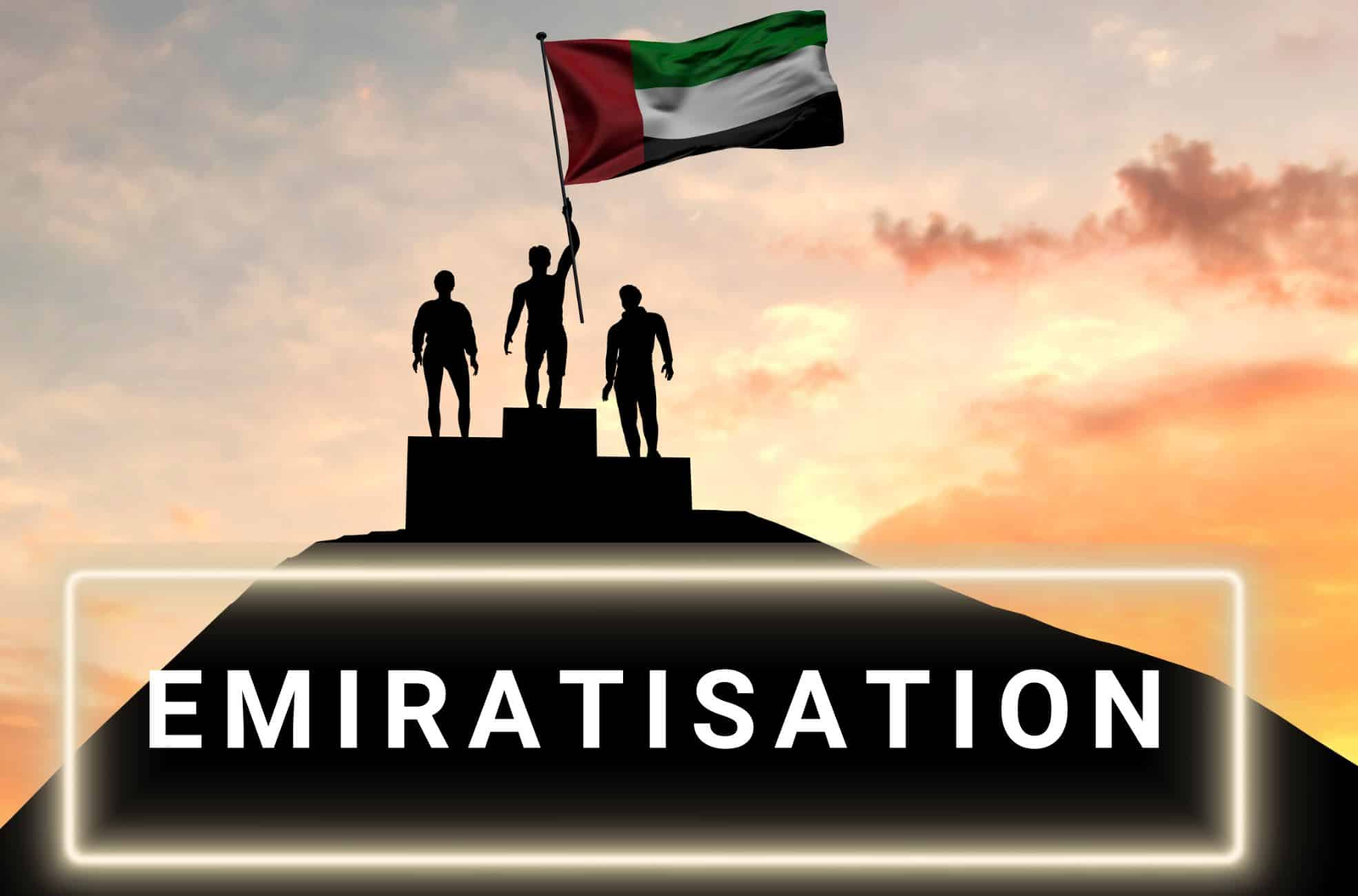Now Reading: Can Dubai Become the World’s First Fully Blockchain City? Find Out 2025!
-
01
Can Dubai Become the World’s First Fully Blockchain City? Find Out 2025!
Can Dubai Become the World’s First Fully Blockchain City? Find Out 2025!
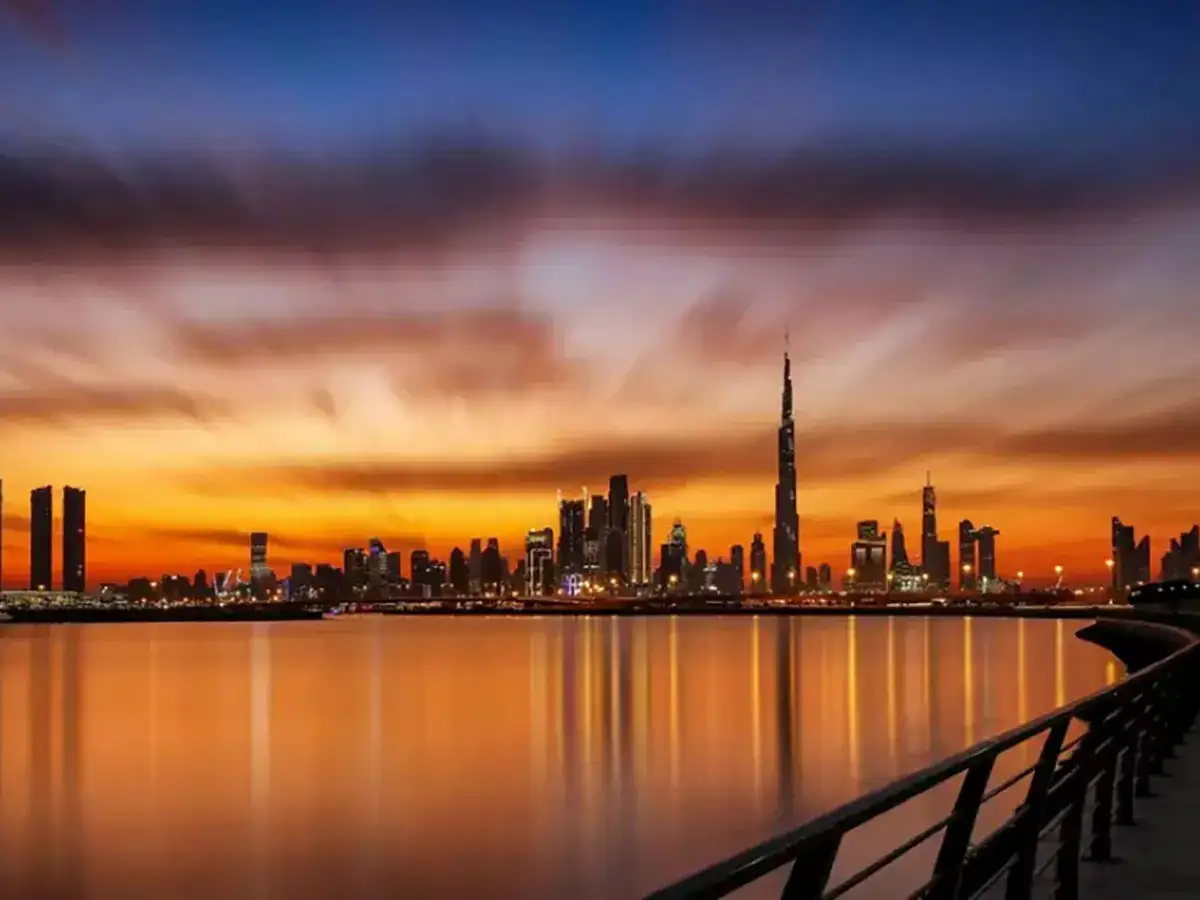
Table of Contents
In recent years, Dubai has made headlines not just for its sky-high towers, luxury lifestyle, and ambitious projects, but also for its bold vision to become the world’s first fully blockchain-enabled city. As the global race for technological leadership intensifies, Dubai is taking serious steps to transform its government, business operations, and even everyday life through blockchain technology. But is this dream truly possible? And what will it mean for the city’s residents, businesses, and the rest of the world?
What is Blockchain and Why is it Important?
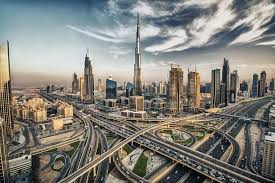
Before diving into Dubai’s big plan, it’s important to understand what blockchain is. Simply put, blockchain is a system that stores data securely and transparently across many computers, making it nearly impossible to hack or change. Every “block” in the chain contains records of transactions or information, and these blocks are connected to each other in a way that ensures security and trust.
This technology is not only used for cryptocurrencies like Bitcoin or Ethereum; it can also handle contracts, personal records, payments, and even identity documents. For cities and governments, this means faster services, lower costs, and more transparency for citizens.
Dubai’s Blockchain Vision: A First in the World?
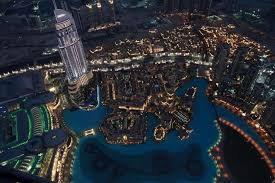
Dubai launched its ambitious “Dubai Blockchain Strategy” in 2016 in partnership with IBM and Smart Dubai. The goal? To make Dubai the world’s first city where all government documents are secured on the blockchain by 2030.
According to the Dubai government, this could save $1.5 billion annually in document processing costs. Every visa, license, and bill could be issued digitally, eliminating the need for paper and manual verification. Moreover, residents and visitors would benefit from faster, safer, and more reliable services.
For example:
- A blockchain-based passport could allow you to pass through airport security without showing paper documents.
- A real estate transaction could happen in minutes without lawyers or middlemen.
- Medical records could be instantly available to doctors, with the patient’s permission, anywhere in the city.
How Far Has Dubai Come?
Dubai has already made progress on its blockchain journey:
- Dubai Land Department became the world’s first government real estate body to adopt blockchain for property transactions.
- Dubai Pay Blockchain Settlement and Reconciliation System allows government agencies to handle payments quickly and accurately.
- Many banks, hospitals, and private companies in Dubai are also developing blockchain-based services to align with the government’s vision.
In 2018, Dubai even hosted the Future Blockchain Summit, attracting experts and investors from around the globe. The event showed that the world is watching Dubai’s moves closely.
Challenges on the Road to a Fully Blockchain City
While the dream is big, there are real challenges that Dubai must solve before becoming a fully blockchain-enabled city:
- Technology Readiness:
Blockchain technology is still developing. Large-scale adoption across all government departments and private sectors requires massive investments and training. - Legal and Regulatory Frameworks:
Laws must be updated to accept blockchain records as legally binding. International cooperation is also needed because blockchain-based services, like digital identity or contracts, may involve multiple countries. - Cybersecurity Risks:
While blockchain itself is secure, the apps and systems built on it can have vulnerabilities. Hackers could exploit weak points if security is not strict enough. - Public Awareness and Adoption:
For blockchain to work fully, everyone—from government staff to ordinary residents—must understand and accept it. This requires education campaigns and building trust. - Data Privacy Concerns:
Storing personal or sensitive information on a digital ledger raises questions about privacy. Dubai will need strong data protection rules to make people feel safe.
Why This Move Could Change the World
If Dubai succeeds, it could become a global model for future cities. The benefits could be huge:
- Faster Services: No more standing in long lines for paperwork.
- Less Corruption: Blockchain’s transparency makes it harder for fraud or bribery.
- Lower Costs: Billions of dollars could be saved on administration and processing.
- Increased Trust: Citizens and businesses could trust government services more because of security and accuracy.
Other countries—like Estonia, Singapore, and Switzerland—are also experimenting with blockchain governance. But Dubai’s scale and speed make its project unique.
Experts’ Opinions: Cautious Optimism
Tech leaders around the world are watching Dubai with curiosity and cautious optimism.
“Dubai’s approach is bold, but also risky,” says Dr. Sarah Malik, a blockchain researcher. “If they succeed, it will prove that blockchain can handle not just money, but entire governments. But they must solve tough problems like privacy and public trust first.”
Even critics admit that Dubai’s government has the advantage of central planning and quick decision-making, which western democracies may struggle with. This could help the city move faster.
What’s Next for Dubai’s Blockchain Dream?
Dubai plans to roll out more blockchain-based services in transportation, energy, tourism, and healthcare over the next five years. By 2030, the government hopes that every resident will feel the benefits of a fully digital, blockchain-backed city.
Time will tell if this vision becomes a reality. But one thing is clear: Dubai is leading the world in trying to turn the promises of blockchain into everyday life.
Conclusion
Dubai’s goal of becoming the world’s first fully blockchain-enabled city is daring, futuristic, and exciting. It promises to make government services faster, cheaper, and more trustworthy. However, major challenges remain in technology, regulation, and public trust.
If Dubai can overcome these hurdles, it will set a new standard for cities everywhere—and perhaps give us a glimpse of how every city might work in the future.
Read More:- Shobha Realty Launches Its Most Luxurious Project Yet—Full Details Inside 2025



